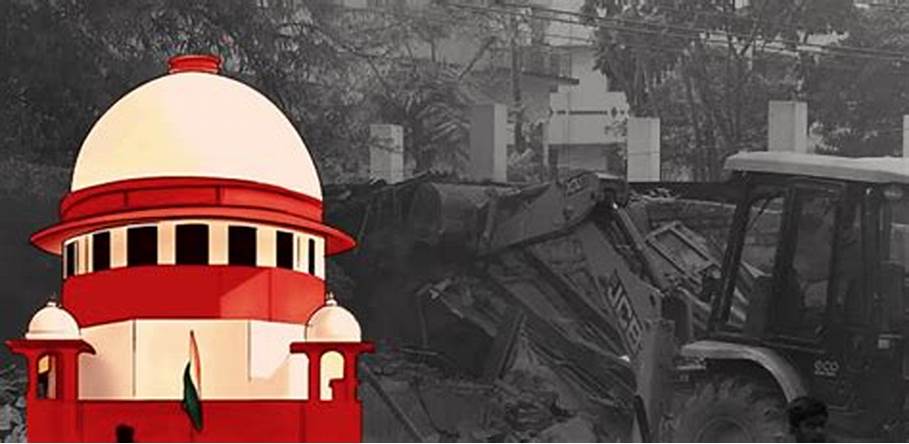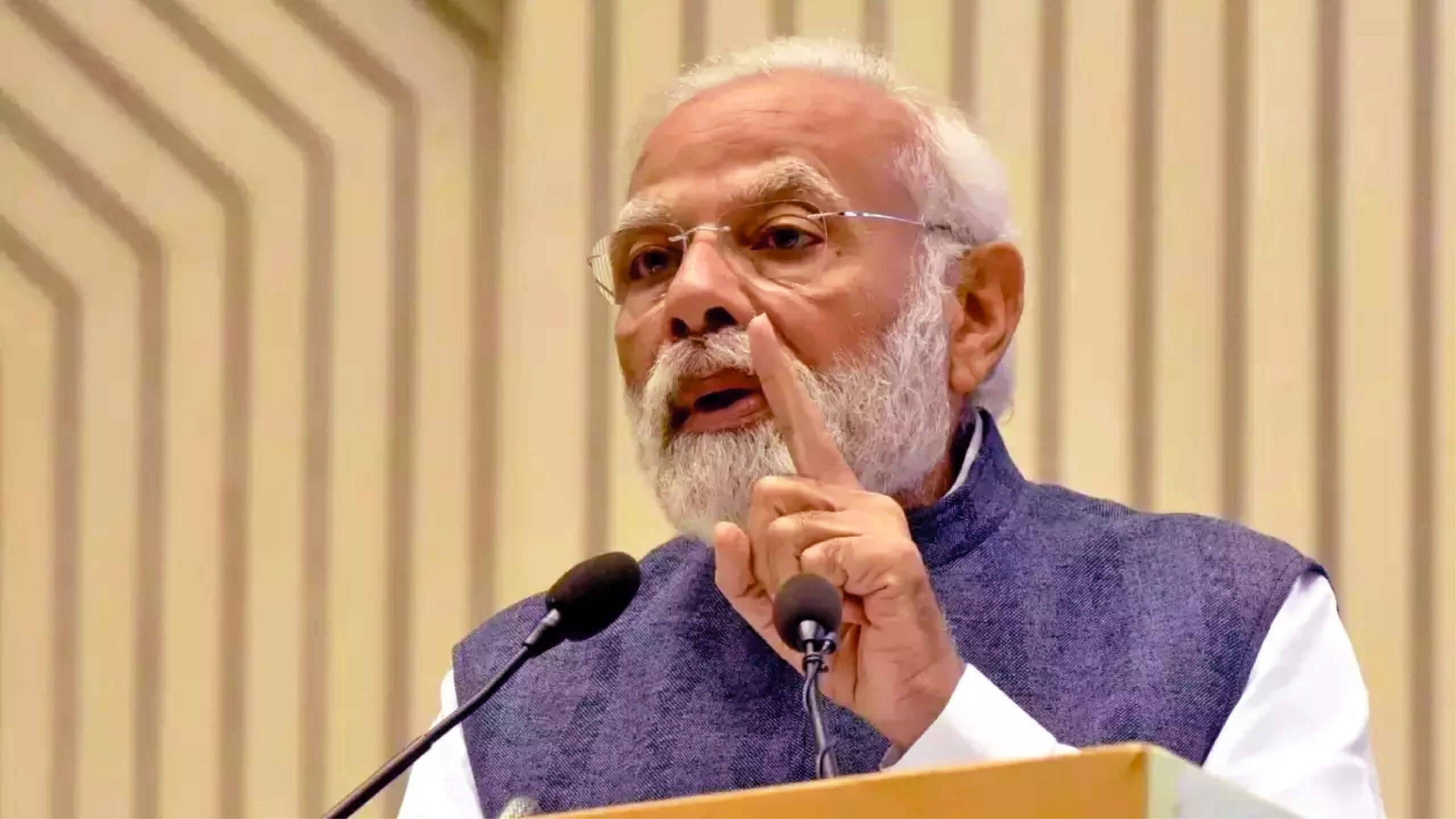
In a recent, harrowing incident in Indore that happened on November 19, a family—a husband, his wife, and their 1.5-year-old daughter—faced a life-altering tragedy. They were returning from shopping one evening, between 4 and 5 pm, when they met with a catastrophic accident, which resulted in the wife’s untimely death.
This ordinary family was traveling on a scooter, a common mode of transport in the bustling streets of India. The wife, a young woman of about 27, was seated behind her husband, holding their little girl. Alarmingly, neither the mother nor the daughter was wearing helmets, a safety oversight that is unfortunately too common in many parts of the country.
As they navigated through the crowded market area, a sudden and shocking turn of events unfolded. A triple riding motorcycle came hurtling from the opposite direction. Whether by a reckless act or a grave miscalculation, one of the riders on the motorcycle extended his foot and kicked the family’s scooter. This action, deliberate or accidental, caused the scooter to wobble uncontrollably, leading to a disastrous outcome.
The family was thrown off the scooter, and in a split second, the wife was tragically crushed under the wheels of a passing truck. Despite the truck driver’s immediate efforts to stop, the damage was irreparable. The wife died instantly, a horrific scene witnessed by her young daughter and husband.
The aftermath of the accident leaves us with a multitude of questions. Could this tragedy have been prevented? Who bears the responsibility for such a needless loss of life? In particular, does the blame lie solely with the young biker whose thoughtless action triggered the accident? What role do the police and other authorities play in preventing these occurrences?
This incident is not just a matter of a road accident; it is indicative of a growing and disturbing trend among some young individuals. In pursuit of thrills or social media notoriety, they engage in dangerous antics while riding bikes or scooters. Their reckless actions, like throwing objects or kicking at other riders, are sometimes captured on video to gain followers or likes on platforms like YouTube or Facebook. But this quest for viral fame comes at a high cost, as illustrated by this tragedy where a child lost her mother and a husband lost his beloved wife.
It’s worth pondering whether wearing a helmet could have saved the wife’s life. In this particular case, the severity of the accident suggests that even with a helmet, survival would have been unlikely. However, this does not diminish the importance of safety gear. The incident underscores the need for stricter enforcement of traffic rules and heightened awareness about road safety.
In India, traffic laws strictly prohibit triple riding on two-wheelers, and offenders are liable to be fined. Had the traffic police or any patrolling authority intervened to stop either the triple riders or the family for not wearing helmets, perhaps this accident could have been averted. This tragic event also brings to the fore deeper societal issues. It prompts us to question the value we place on human life. It raises concerns about our education system and moral fabric. Are we failing to install basic civic sense and respect for life in our youth?
The enforcement of laws, particularly those related to road safety, is another area of concern. India has comprehensive motor vehicle regulations, but the effectiveness of these laws often falls short in their implementation. The gap between legislation and enforcement contributes to an environment where reckless behaviour goes unchecked, and tragedies like this are repeated.
The immediate family of the deceased is left in a state of shock, struggling to come to terms with their loss. The young daughter, in particular, is inconsolable, having witnessed the traumatic event. The police’s failure to track down the bikers responsible further adds to the family’s anguish and raises questions about the efficiency of the law enforcement system. Even after such incidents, how can the individuals responsible remain silent in their homes? Are they actually aware of the consequences of their actions?
Moreover, this incident is not an isolated case. The roads of India are riddled with hazards – from cattle wandering onto highways to trucks with faulty lighting, from overloaded vehicles to private buses racing recklessly for passengers. These are everyday occurrences, often happening under the watchful eyes of the police and administration. Yet, the frequency of interventions and enforcement actions seems woefully inadequate.
This raises critical questions about road safety and public welfare. How many such incidents go unnoticed or unaddressed? What steps can be taken to prevent similar tragedies in the future? The answers to these questions are complex, requiring a multifaceted approach involving stricter law enforcement, better public education, and a collective shift in societal attitudes towards road safety.
In conclusion, this incident is a stark reminder of the fragility of life and the catastrophic consequences of negligence and recklessness. It calls for introspection at individual, community, and governmental levels. It demands a concerted effort to safeguard lives on the road, ensuring that such tragedies are not repeated.
Dr. Pyali Chatterjee is HOD, Faculty of Law, ICFAI University, Raipur Chhattisgarh















